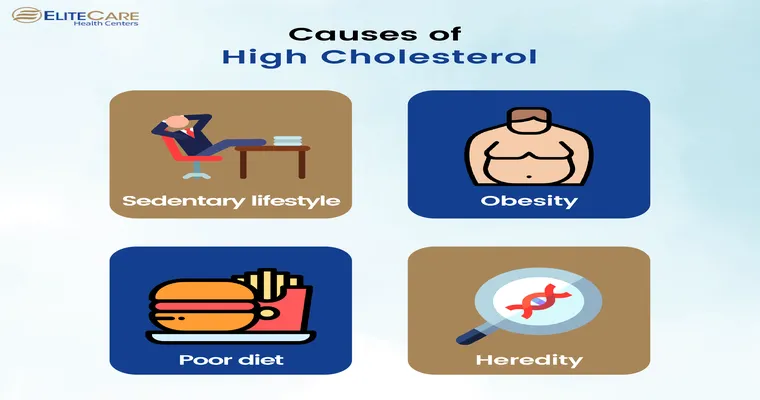As we age, maintaining a healthy lifestyle becomes increasingly important, especially when it comes to managing "cholesterol levels". High cholesterol can lead to serious health issues, including heart disease and stroke. Fortunately, there are several effective strategies that "seniors" can adopt to lower their cholesterol and improve their overall health. In this article, we will explore practical tips and lifestyle changes that can make a significant difference.
One of the most effective ways for seniors to lower their cholesterol is by adopting a heart-healthy diet. Incorporating more "fruits", "vegetables", and "whole grains" into meals can help reduce cholesterol levels. Foods rich in "soluble fiber", such as oats, beans, and lentils, are particularly beneficial as they help to remove cholesterol from the bloodstream. Additionally, seniors should aim to limit their intake of saturated fats found in red meat and full-fat dairy products, as well as trans fats present in many processed foods.
Physical activity is another crucial component in managing cholesterol levels. Regular "exercise" can help raise high-density lipoprotein (HDL) cholesterol, often referred to as "good" cholesterol, while lowering low-density lipoprotein (LDL) cholesterol, or "bad" cholesterol. Seniors should strive for at least 150 minutes of moderate-intensity aerobic activity each week. Activities like walking, swimming, or cycling are excellent choices that can be easily integrated into daily routines.
For those who may have difficulty engaging in vigorous physical activity, even light exercises such as stretching or gardening can be beneficial. It is essential for seniors to consult with their healthcare providers before starting any new exercise program to ensure it aligns with their health conditions and capabilities.
In addition to diet and exercise, seniors should be mindful of their "weight management". Maintaining a healthy weight can have a profound impact on cholesterol levels. If weight loss is necessary, a combination of a balanced diet and regular physical activity can help achieve and sustain a healthy weight.
Moreover, seniors should consider monitoring their "cholesterol levels" regularly. Routine check-ups with a healthcare provider can help track progress and make any necessary adjustments to lifestyle changes. If dietary and lifestyle changes alone are not sufficient, doctors may recommend medications to help manage cholesterol levels. It is vital for seniors to discuss all available options with their healthcare providers to determine the best course of action.
Lastly, reducing stress is crucial for overall health and can also influence cholesterol levels. Engaging in relaxation techniques such as "meditation", "yoga", or simply spending time with family and friends can help manage stress effectively.
In conclusion, seniors can take several proactive steps to lower their cholesterol and promote better health. By focusing on a heart-healthy diet, engaging in regular exercise, maintaining a healthy weight, monitoring cholesterol levels, and managing stress, seniors can significantly improve their cholesterol levels and overall well-being. Taking these steps not only enhances physical health but also contributes to a better quality of life as we age.





